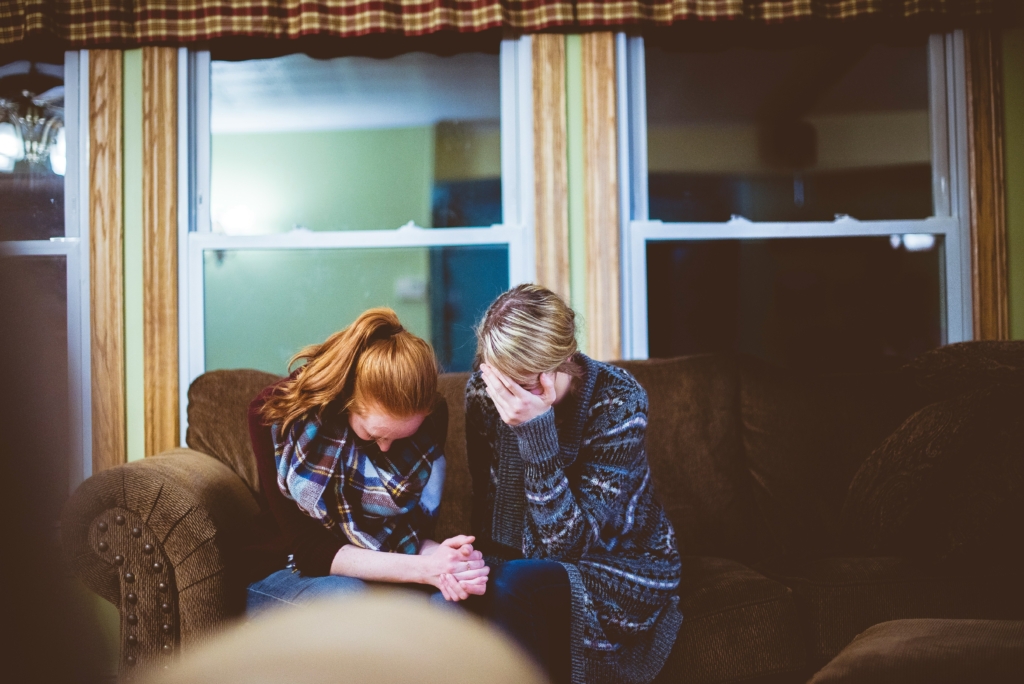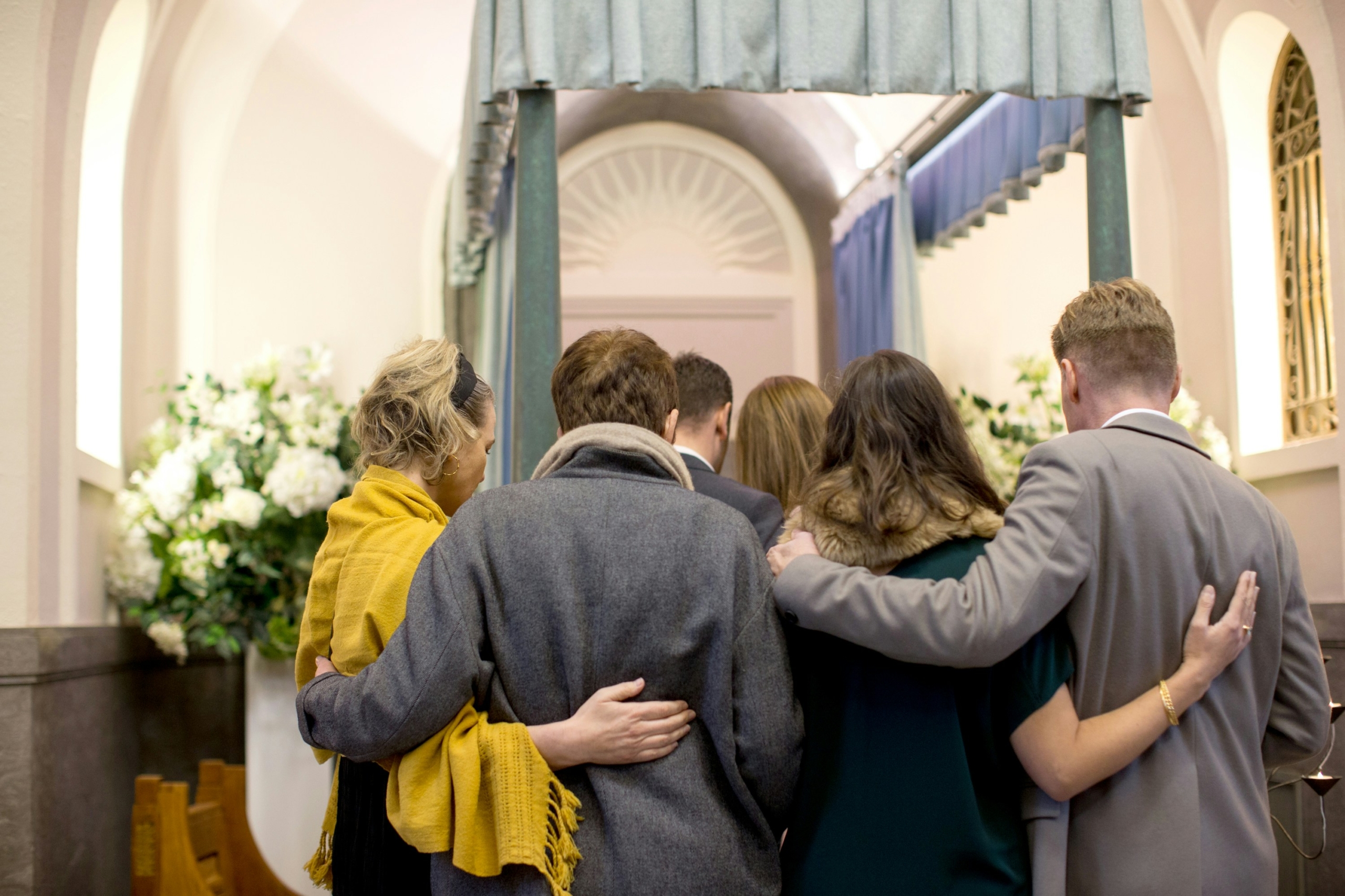Death and grief are both challenges that everyone will eventually experience. It’s painful enough for adults to cope with, and children can find grief even more difficult to deal with.
If you’ve recently lost someone you loved or who was a part of your family, you’re likely wondering how you can manage your own grief while navigating how your children feel about death.
Here are a few ways that you can support your family and vice versa.
Be Open and Honest
The first and most important thing you need to do is to be open with your children.
Depending on their age, your child might not understand what death is. Some young children think that their relative just doesn’t want to talk to them, or that they will see them the next day.
You need to make sure that your child understands death as a concept while not making things more difficult than they need to be.
Let them know that they are loved, and it wasn’t their fault, but their loved one has gone away forever.
If you have older children, it’s still important to be open with them. This is why setting the groundwork for regular, open parent talks is so helpful.
You already know how to tackle difficult and serious topics as a family. This is no different.
While you don’t want to make things harder for your children, it’s okay for them to know that you’re hurting as well. Support them in their grief and, if you need to, cry with them.
Preparing for the Funeral
Different cultures and families might have different ways of conducting funerals. While all of this paperwork might be the last thing you want to do, it is important to get things right and ensure respect.
A good funeral can bring the family together and help you to cope with your collective loss.
Consider things like caskets in wood and steel so that your loved one is secure.
You should also look into nearby funeral homes and solicitors who can help you handle the will and other legal paperwork.
Finding the right lawyers for any legal purpose is always important, so it’s something you should make sure you are approaching in the best possible way. That way, you should find you are able to deal with it so much more effectively.
Moving On as a Family
Grief is a bit like a wound. It doesn’t go away without time to heal and sometimes something to help it along, especially if your mental health is suffering. But not all pain is bad.

Sometimes it can be helpful to remember someone you’ve loved and feel that pain for a moment because you’re also feeling the love you felt.
There’s a difference between moving on and forgetting someone. You can keep photographs to remember them by, as well as ornaments or other gifts they might have left you.
Sometimes, we’re reminded of people we’ve lost because of something they taught us, so every time you cook, you might think of your parents.
Pass these lessons and memories onto your children. It keeps them alive, and it brings you closer together as a family as you remember someone who had such an impact on your life.
